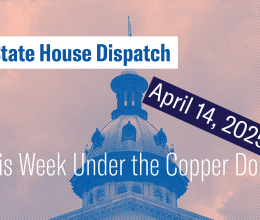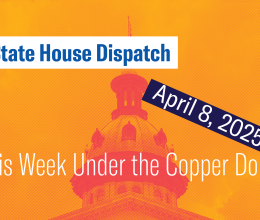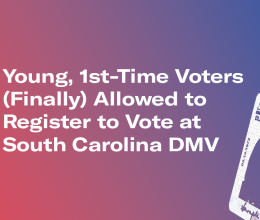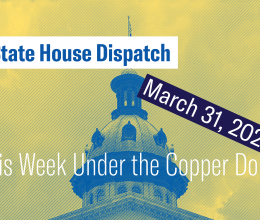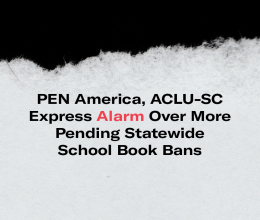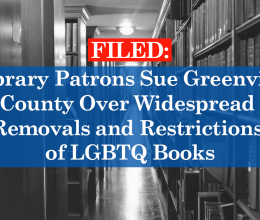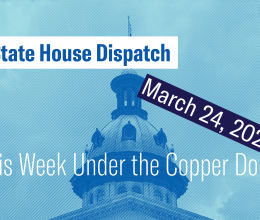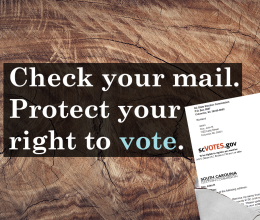
It’s the fourth week of the 2025-2026 legislative session in South Carolina. Here’s what we’re watching in the state House and Senate.
As always, we encourage you to contact your state lawmakers about bills that matter most to you. Not sure who your state Senator and House Representative are? You can look them up, along with their contact information, using the state’s Find Your Legislators tool at scstatehouse.gov.
Closed Primaries
At least three bills have been introduced in the House this session requiring primary voters to register with a political party. House Bills 3310 and 3396 would require voters to register in advance of a partisan primary, and would allow a political party to forbid unaffiliated voters from voting in its primary. H. 3643 would allow a voter to register as “unaffiliated,” but that voter would then become a registered member of a party upon voting in its primary.
Closing primaries will only serve to decrease our state’s already abysmal turnout in primary elections. Under the current system of extreme partisan gerrymandering, many elections — particularly for state legislative office — are effectively decided in the primaries. Locking voters out of the most important elections in these races is yet another step away from representative democracy.
Private School Vouchers
A bill that would siphon off funds from the state education lottery to subsidize private school tuition (Senate Bill 62) advanced in the Senate last week and is anticipated to receive a third and final reading on Tuesday, Feb. 4. The House could then pass, amend, or reject the bill.
Private school voucher programs are a failed experiment that has enriched the wealthiest families while harming the educational outcomes of public school students in every state where they have been tried for the past decade. They also corrode civil liberties by providing state funding to schools that discriminate on the basis of religion, disability, sexuality, and gender. For more information, see our blog post “The ugly truth about school vouchers” or listen to Episode 12 of the While I Breathe podcast.
A Convention of States
Under Article V of the U.S. Constitution, once the legislatures in two-thirds of states (that is, 34 states) pass a resolution to amend the Constitution, a constitutional convention will be called. In order to amend the Constitution in their favor by slashing taxes and eliminating regulations on their industries, a handful of right-wing billionaires have spent more than a decade pushing state legislatures to pass “Convention of States” resolutions.
On Tuesday, February 4 at 2:30 p.m. or 30 minutes after adjournment of the House, the House Judiciary Committee (agenda PDF here) will consider House Bill 3558, a Convention of States bill that received a favorable report from the Constitutional Laws Subcommittee.
The ACLU warned in 2015 that a Convention of States, while constitutional, would likely “result in a weakening of civil liberties, perhaps disastrously so.”

